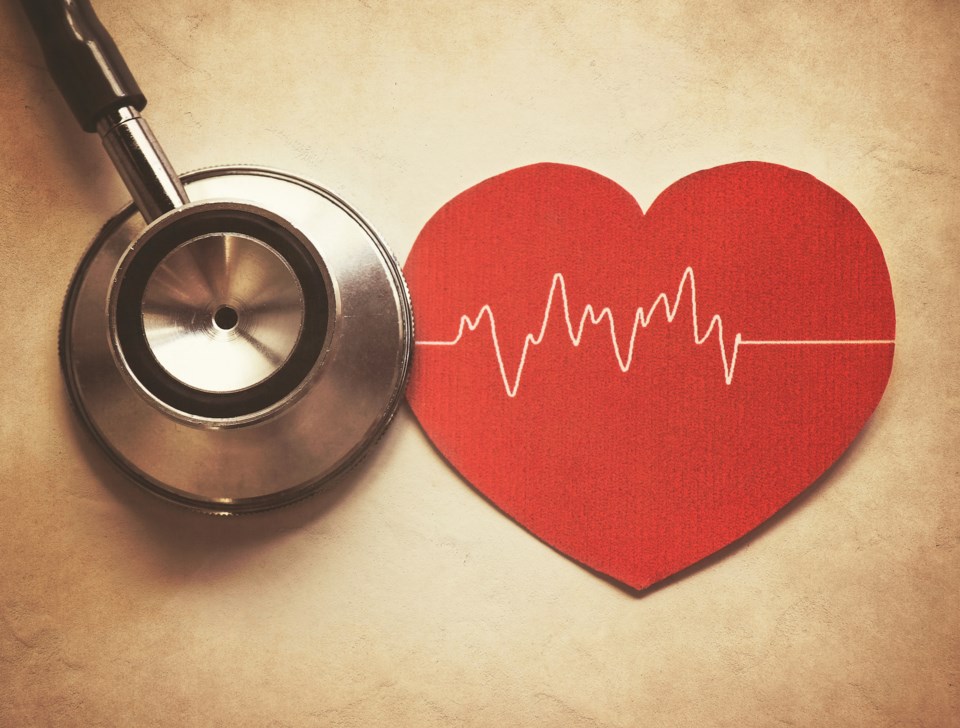Heart disease is a killer that strikes more women than men and is more deadly than all forms of cancer combined. According to the American Heart Association, as many as one in three women die from cardiovascular disease — or approximately one woman every 80 seconds.
Unfortunately, only about half (56%) of women recognize that heart disease is their number one killer. That’s why it’s so important to know how the signs, symptoms and risk factors for heart disease differ for women than men.
The Effects of Biology
There are biological differences between men and women that contribute to how heart disease develops. Compared to men, women have smaller hearts and narrower blood vessels. Coronary artery disease in women is more likely found in smaller arteries rather than the large arteries that feed the heart, which makes it easy to miss in diagnostic tests like an angiogram. This can lead to a misdiagnosis or delay in care.
Additionally, the unique life events of women, like pregnancy, hormonal changes and menopause can impact a woman’s risk for heart disease. Women who have preeclampsia or hypertension during pregnancy are at a much higher risk of developing high blood pressure or suffering from a stroke as they age. Women who had gestational diabetes are more likely to develop type 2 diabetes, which is a risk factor for heart disease.
Heart attack symptoms are different for women and are often attributed to another condition other than heart disease. Unlike heart attack symptoms for men, which typically manifests through crushing chest pain or tightness, women often have more vague symptoms. Women may experience fatigue, shortness of breath or pain in the neck, jaw, throat, upper abdomen or back. Women are also more likely than men to experience no symptoms or “silent” heart disease, which can go undiagnosed – leading to a heart attack and death.
The Effects of Hormones
Estrogen, the hormone responsible for developing and maintaining the female reproductive system, has some interesting positive effects on the heart and blood vessels. Estrogen helps keep blood vessels flexible, which promotes good blood flow. It also helps maintain healthy cholesterol levels and helps regulate your blood pressure.
As women mature, their estrogen levels decrease, especially during menopause. Although going through menopause does not cause cardiovascular disease, it does involve major hormonal changes that can affect every system in your body. After menopause, blood pressure, iron levels and "bad" cholesterol (LDL) levels can increase, which can lead to cardiovascular disease.
Estrogen also affects your immune system. Women may be at increased risk of developing an autoimmune disorder during the menopause transition. And autoimmune disorders are associated with an increased risk of heart disease.
During National American Heart Month, we encourage you to learn the risk factors for heart disease, take action and fight for your health and the health of the women you love. Sign up for the East Georgia Regional Medical Center 28-Day Healthy Heart Challenge and make sure the women in your life do too. Visit EastGeorgiaRegional.com/Heart-Challenge
Information provided by East Georgia Regional Medical Center. East Georgia Regional Medical Center is directly or indirectly owned by a partnership that proudly includes physicians who are members of the Hospital’s medical staff.




